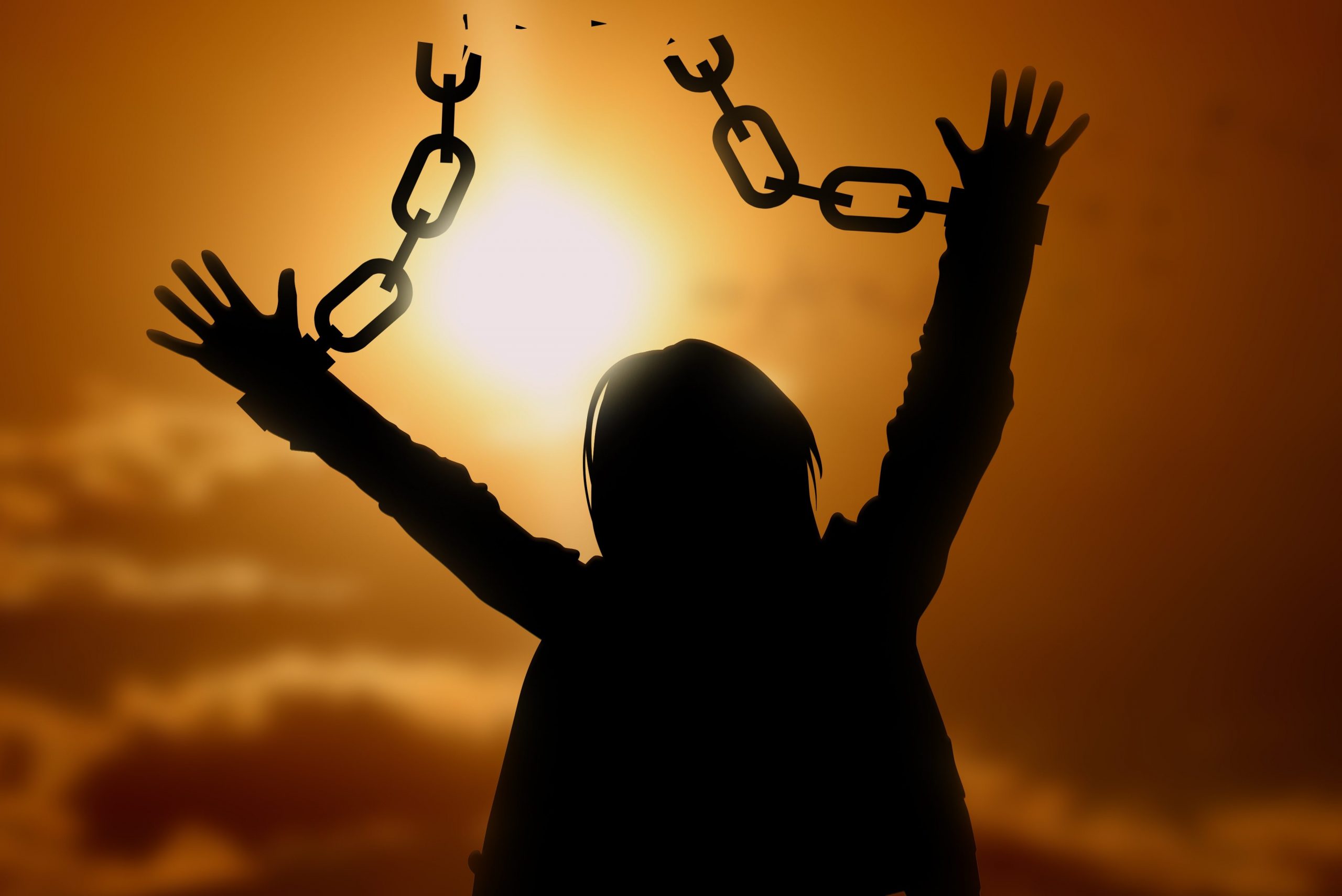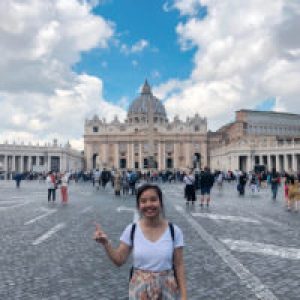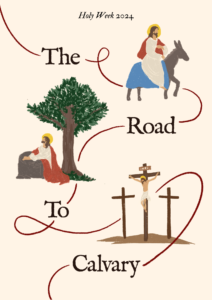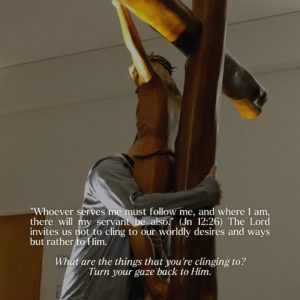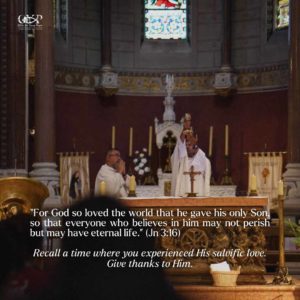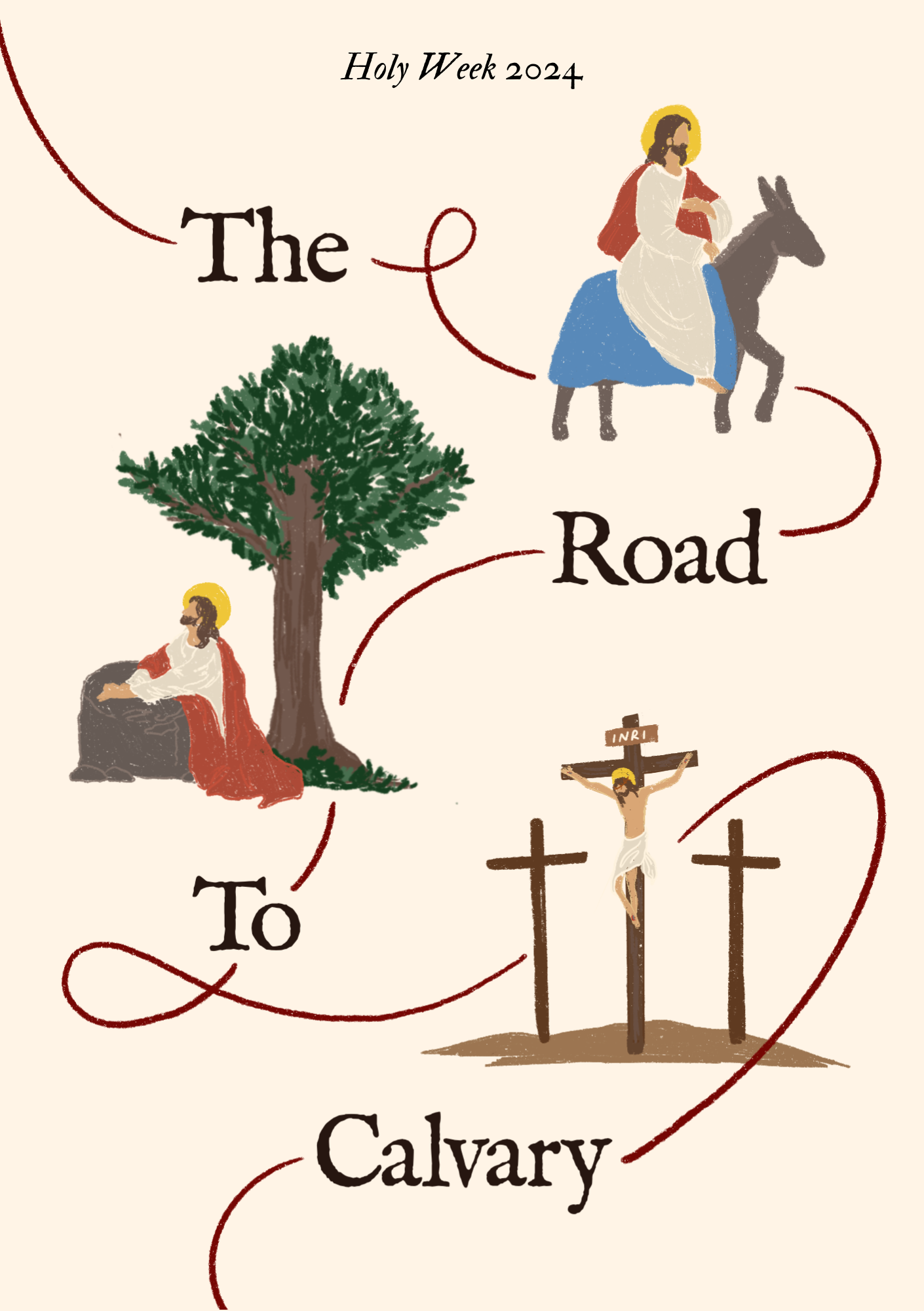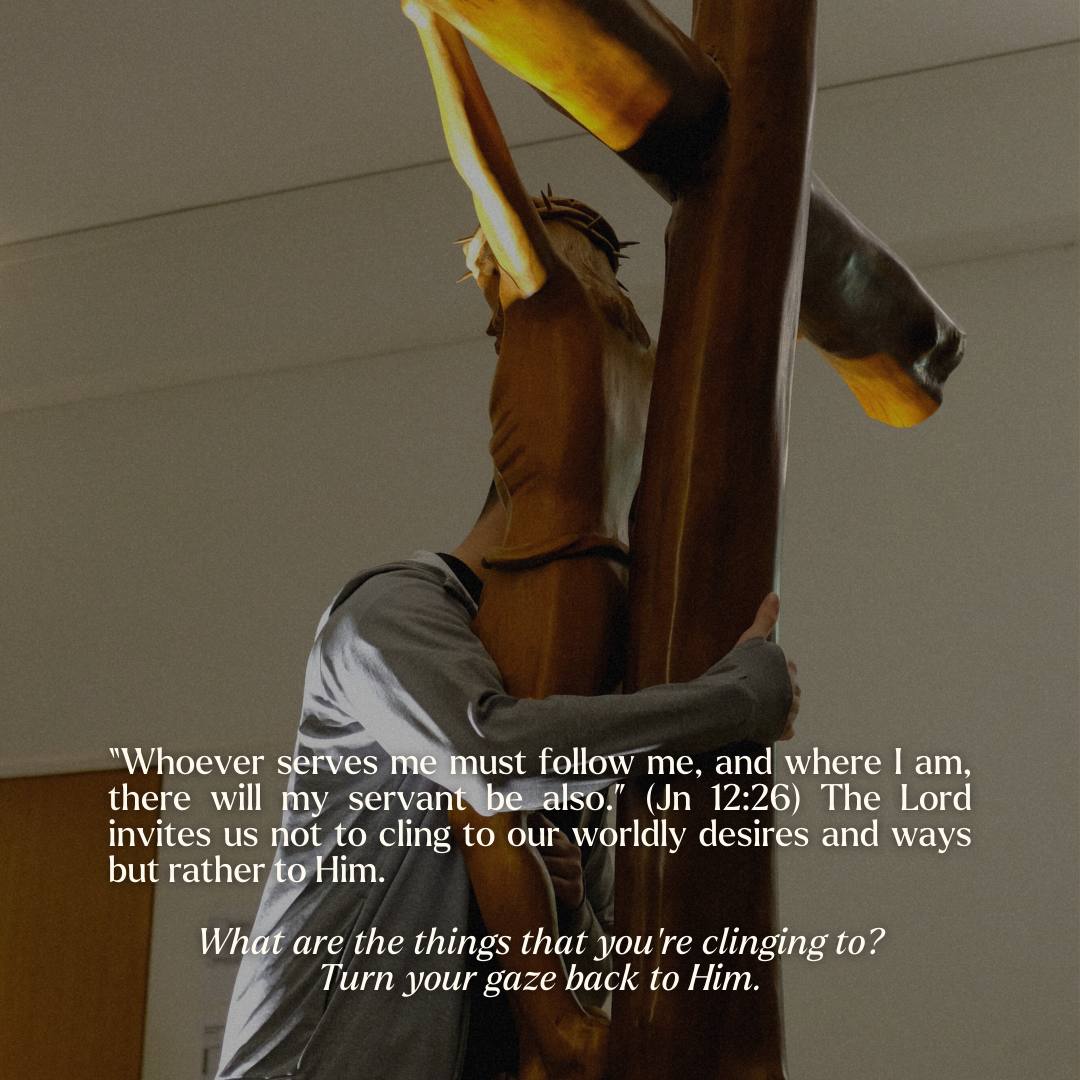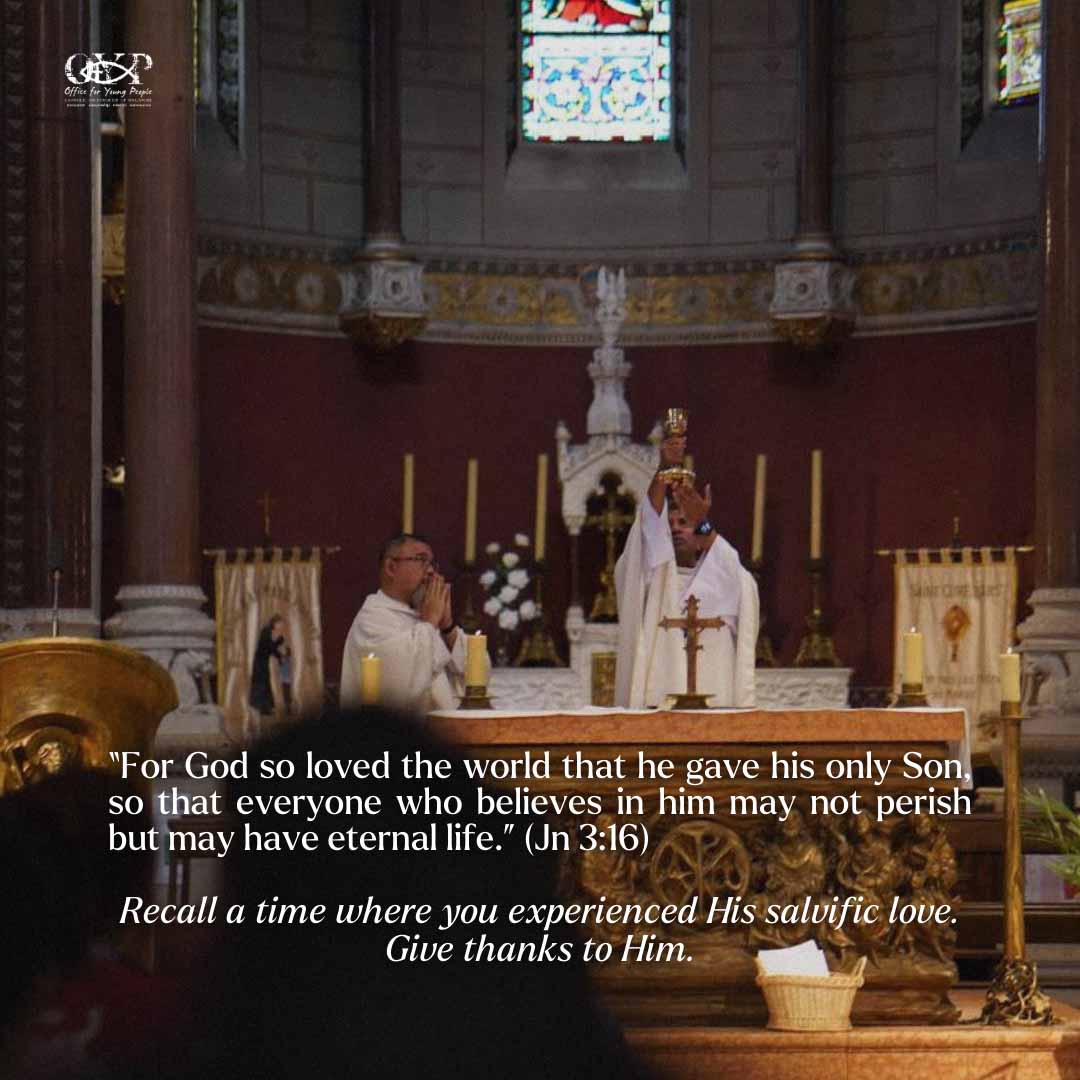by Jamie Lin
Whenever people talk about sin, it tends to revolve around a fierce God who will punish us for every trespass we commit: Cain was made to walk the earth as a fugitive forever, Lot’s wife got turned into a pillar of salt for looking back on Sodom, and the entire Egypt was destroyed based on God’s decree. These stories make it easy for us to focus on God’s wrath and punishment. Sometimes, we even turn away from sin out of pure morality or a fear of God, rather than out of love for Him and a true understanding of human nature and sin. Because of this legalistic viewpoint of right and wrong, we become bitter towards God and the restrictions we feel He places on our lives – so much so that we forget the bigger picture of what sin really is and its implications.
What is Sin, Really?
The Catholic Church defines sin as:
“… an offense against reason, truth, and right conscience; it is failure in genuine love for God and neighbour caused by a perverse attachment to certain goods. It wounds the nature of man and injures human solidarity.” (CCC 1849)
When God created us in His image, He gave each of us freedom to both accept and reject Him. Just as Adam and Eve committed the first sin when they ate the forbidden fruit, we fail to love Him by our everyday sins that separate us from Him: being unkind, choosing our selfish desires, hurting ourselves and others, etc. Our souls become wounded as we distance ourselves from Him, whether we know it or not.
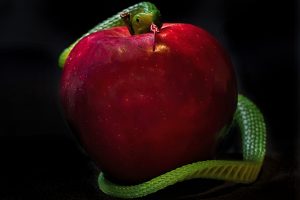
And the truth is that none of us is sinless because we have all turned away from God in our everyday lives.
What Next?
But now that we know what sin really means, how are we going to respond? It is easy to turn away from sin in obvious situations, but what about in more ambiguous ones where sinning is ‘fun’? After all, it may be much easier to join our friends in shenanigans than to sit it out. But if we base our desire to turn away from sin on a fear of God or on ‘doing the right thing’, we will more often than not become bitter people who think God is trying to take everything we like or enjoy away from us. We forget that what may seem acceptable, or even good, on the surface may not actually be acceptable. We also forget how the sins we take pleasure in may actually be harmful for us.
For a long time in my life, the thought of sin barely crossed my mind. When it did, I would always shove it to the crevices of my consciousness and count on His mercy in my selfishness. While all my ‘fun’ ultimately left me empty every day, I just remedied this void by ignoring it and expecting things to change with time.

But by a series of instances that can only be explained by divine providence, I was called to the Combined University Retreat last year (I fondly term the days before this retreat ‘BC’, and the days after ‘AD’). Here, I realised that the void I felt was a God-shaped one that nothing on earth could ever fill. My faith and I were far more superficial than I had ever imagined.
Since then, it’s been a wild ride of stumbling into sin and getting up again. Of course, there are always days I feel further away and the itch to go back to old ways presents itself. On these days, instead of giving into my feelings of despondency, I actively remember Him by taking these four steps:
1. Prayer
Prayer is the humbling of ourselves in raising our minds and hearts towards God. The more we develop our prayer lives, the closer we draw to Him as we learn more about Him. When facing sin or the chance of it, I always ask in prayer: “Does this bring me nearer to or further from You?” And as I tune in to Him, my decision becomes obvious.
In our prayer, we should also ask for spiritual perception, and take time to reflect on our actions and intentions. With fresh eyes, our hearts will be open to receiving His grace and rejecting what separates us from Him.
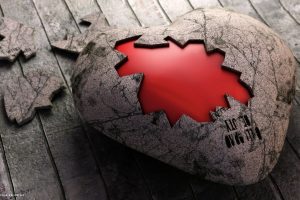
As Archbishop Fulton J. Sheen said: “We become like that which we gaze upon.” As we come face to face with Him in the Blessed Sacrament in Adoration, our conversations take on a new tone and light, and may even be more fruitful as we retreat from the noise we are so accustomed to. Various forms of prayer, such as the Lectio Divina and the Examen, can also help us combat wandering thoughts.
2. Fasting
Fasting is a great spiritual weapon that goes hand in hand with prayer. It is a form of self-denial which makes way for the ultimate goal of self-control. Due to our fallen nature, we tend to be attached to certain objects and longings of this world (food, cigarettes, pornography, etc.). If uncontrolled, these attachments may take control over us as over-indulgences, and become gods we begin to idolise.
With purposeful fasting (and prayer to give us the willpower necessary for it), we will find that these attachments have less of a hold on us. Fasting does not need to be intense and we do not need to quit things cold turkey, but we can always start in small but sure ways.
3. Participating in the Mass
Before I realised the importance of the Mass and the Eucharist, it was just another chore I begrudgingly woke up earlier for on Sundays. Taking communion became mere habit for me. My laziness about going for Mass and my nonchalance towards it stemmed from an egocentric point of view, whereby I attended Mass because I would be doing something for God.
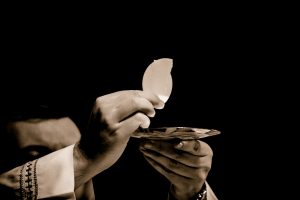
What I have come to realise is that God is God, and He definitely does not need anything from anyone. Instead, Mass is for each of us to physically receive the Body of Christ, which nourishes us and gives us inner strength to conquer sin and live our Christian lives authentically. With this in mind, the Mass becomes so much more than just an hour I give to God out of obligation – because He gives me His body out of unmerited grace. And when I do face trouble attending Mass, it makes my presence even more meaningful – because now my attendance is not one of convenience, but instead, an hour given out of love and purpose.
4. Finding Community
[su_quote]“Two are better than one, because they have a good reward for their toil. For if they fall, one will lift up the other; but woe to one who is alone and falls and does not have another to help.” – Ecclesiastes 4:9-10[/su_quote]
Community has been one of the most crucial parts of my spiritual journey. I have been lucky enough to have found brothers and sisters in Christ who have been unconditionally loving and understanding towards me. Whenever I falter or have doubts, I am lucky enough to have a friend who can lead me to the answer (most of the time the answer is simple enough: Jesus 😉).
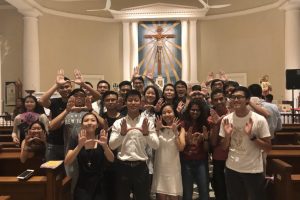
Community can also help us be more accountable for our actions. We tend to lose our spiritual footing very easily as we wade deeper into the world’s waters. Community can serve as one of our compasses – always pointing us back to God, especially when we give in to sin.
Though we each have our own struggles, the beauty of it is that we help one another. Community has shown me what it means to truly care for someone else’s soul, and each member has held my hand in a special way on this walk home to God. As we journey on in our secular environments, we should immerse ourselves in our Catholic communities. Having friends who are searching for the same truth, beauty, and goodness makes the search all the more fruitful and lovely!
And Lastly, Surrender
With these four steps, it makes it much easier to remember Him in my everyday decisions, especially in fighting sin. However, it is easy to get lost in ticking off to-do lists merely to prove that we have done something. The thread that binds this checklist together, and without which all would unravel, is the idea of surrendering. We do not tick the checkboxes on this list off to declare that we have won against sin, or that we alone can even win. By this list, we are constantly reminding ourselves of our need to surrender to God – that only by His grace are we even capable of checking off this list and drawing closer to Him. As we surrender to Him and let Him love us perfectly, we will continuously find within us a stronger desire to stop rejecting Him – a sincere obedience to Him out of love and true freedom from the chains that bind us to our attachments.

While it may be hard to relinquish certain things to Him for various reasons (maybe we find pleasure in them, or find our identity in them), we must remember that we are not alone. As St. Paul says: “… where sin increased, grace abounded all the more.” (Romans 5:20) In our every struggle, Christ is with us. When we suffer, Christ suffers with us, and we are eternally united with Him on the Cross. As we die to our sins and our worldly wants, we give way for true life, and freedom to be who we really are: precious children of God.
“The glory of God is Man fully alive.” (St Irenaeus) To die to oneself is to truly live. Will you choose Christ as He has chosen you, and choose the glory for which He has set you apart?
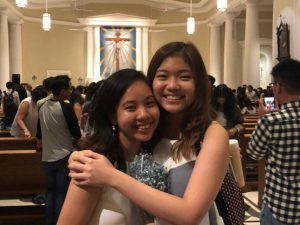
Be edified in your faith. Like us on Facebook and follow us on Instagram.

